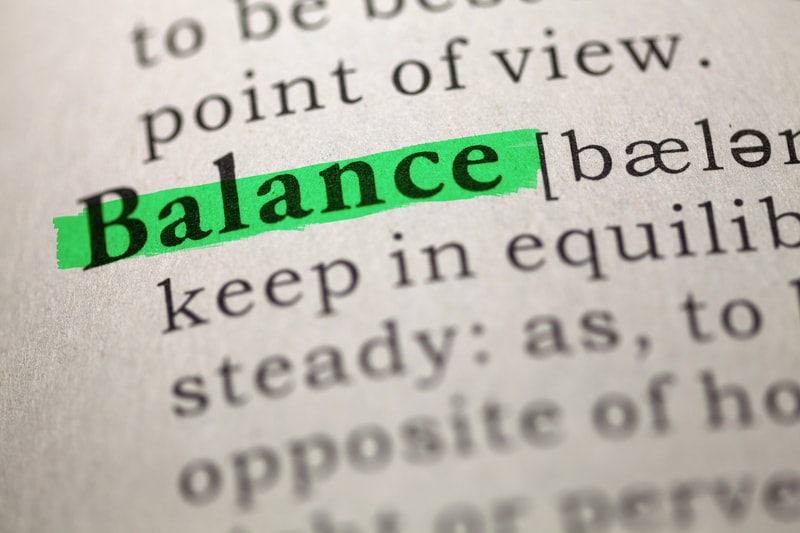
A central concept in Buddhism is that of the middle way, which leads you on the Noble Eightfold Path to enlightenment. In Taoism we find that harmony between the two polarities of yin and yang will see the equilibrium of life restored. The Bible tells us that, “For everything there is a season, and a time for every matter under the sun”.
All of which speak to us through the ages of the importance of balance.
In tai chi we refer to the centre line, and whilst this can and does literally mean the centre of the body (spine) where we can balance the five directions (up, down, left, right, centre), we can look a little deeper into the concept and improve not only our physical balance but that in our lives – and most likely those of the people around us also, with a little practice.
In tai chi it is important to always be aware of the centre, keep your spine straight. This means having a feeling of being pulled upwards from your crown (the Baihui point in TCM) with your tailbone and pelvis sinking down, pulling your spine downwards.
If your centreline is off, you are out of alignment and you won’t be in the correct position, it is not going to be possible for your body and your mind to fully relax until you can find the centre. You can play around with this yourself, a mirror is helpful, get yourself straight and then try moving into different positions, putting your spine out of alignment, see how tense you feel, are you able to relax fully in that position? Do you feel at ease?
Now how about thinking of the centre line of your daily lifestyle… Is it straight, relaxed? Or is it out of alignment and causing things to seem a little out of balance for you?
Can finding balance in your tai chi practice help you if you don’t find balance easy in your day-to-day life?
Personally, I think it can – for a couple of good reasons:
First of all, there’s the time and practice that you need to put put aside for your balance training, it can take you away from whatever else is going on in your life, give you a focus, determination, it can become like a short meditation that you do several times per day where your mind is given something else to think about other than your daily commitments and routine. You may find that you return to whatever it is that you need to do next a little refreshed and renewed.
Secondly, you will get better! It’s a great confidence builder to start something (and often when we start something we are pretty rubbish at it) and see steady progress as we put in the time. Initially it might feel that we aren’t improving – and the path to improvement is never linear – but keeping at it over weeks, months, years will guarantee your improvement. You can bear witness to yourself dedicating yourself to something and improving with time and practice. That’s as close to a ‘secret’ of success that I’ve managed to find in 44 years!
At the end of the day, tai chi is a state in your body. It is not necessarily the art form that we practice, it is a feeling, a way of living, of thinking, Balance, and finding our centre is key to this state and we should use our practice to find it. We use the forms, the exercises, qigong, and all of the other elements of our training, to reach a point where our bodies and minds work optimally – strong, flexible, relaxed and well balanced. Try to think in this way and integrate your practice into your daily lives. Whether it’s for balance or not, you’ll most definitely take your practice to another level.
PS – If balance is on of your reasons for training, you might find this short lesson on balance (for subscribers) useful: Balance Improvement Exercises
You can also get more tips on better balance with our previous blog post here: 4 Tips For Better Balance”


0 responses on "More thoughts on balance"